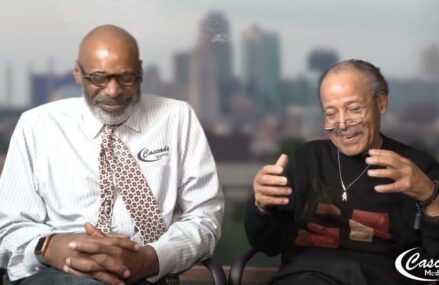By GILLIAN WONG
Delegates line up to cast their votes during a plenary session of the Chinese People’s Political Consultative Conference held at the Great Hall of the People in Beijing Monday, March 11, 2013. China took another step toward completing its leadership handover Monday with the appointment of Yu Zhengsheng, an official best known for his communist pedigree, to head the top government advisory body. (AP Photo/Andy Wong)
BEIJING (AP) — China’s top political advisers, who represent a broad spectrum of prominent people in business, academia, finance and other areas, closed their annual meeting Tuesday pledging loyalty to the Communist Party and a rejection of Western-style multiparty democracy.
The advisory body’s newly appointed chairman Yu Zhengsheng said in closing this year’s session of the Chinese People’s Political Consultative Conference that the group would rally around the ruling party’s senior members with China’s new leader, Xi Jinping, at the helm.
“We need to more strictly follow the socialist path of political development with Chinese characteristics, not imitate Western political systems under any circumstances,” Yu told the assembly of more than 2,000 advisers of the companion body to the country’s rubber-stamp legislature.
Yu, an official best known for his communist pedigree, was selected to lead the body on Monday. The group has no real power but in recent years has become more important as representatives have used the platform to advocate for hot-button issues of public concern such as food safety, pollution and land seizures.
His appointment was the latest step in China’s once-a-decade political transition and kicked off a week of formal government leadership changes that were foreshadowed by promotions at the Communist Party’s congress in November. In China, the party is the pre-eminent political power and top government posts are held by its leaders.
Yu was among seven leaders who ascended to the party’s top inner circle at the November conclave that also anointed Xi as general secretary. Yu is ranked fourth in the party.
The governor of the People’s Bank of China, Zhou Xiaochuan, was named one of the vice chairmen of the advisory body, suggesting that he might be preparing to leave the central bank after 11 years at the helm.
This week, the largely ceremonial legislature known as the National People’s Congress will finalize the transition and approve appointments to top government posts: Xi is certain to succeed Hu Jintao as president while Li Keqiang, the party’s No. 2, is to be named premier, in charge of the Cabinet.
When fully installed into government posts, Xi’s administration will confront domestic challenges that include public anger over official corruption that pervades all levels of society, and the degradation of the country’s water, air and soil that has resulted from decades of rapid economic growth. A rising middle class, empowered by social networking technology, is increasingly vocal about its demands for change and willing to organize demonstrations to that effect.



